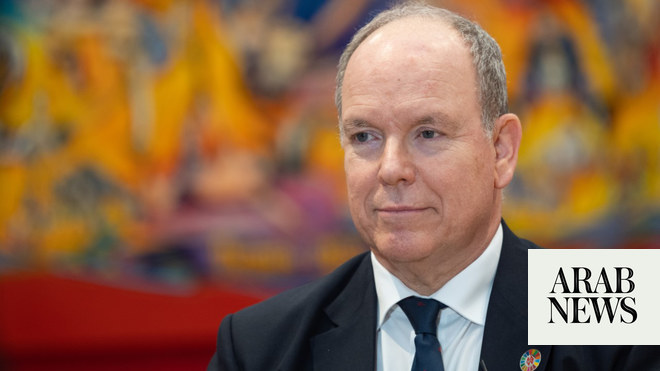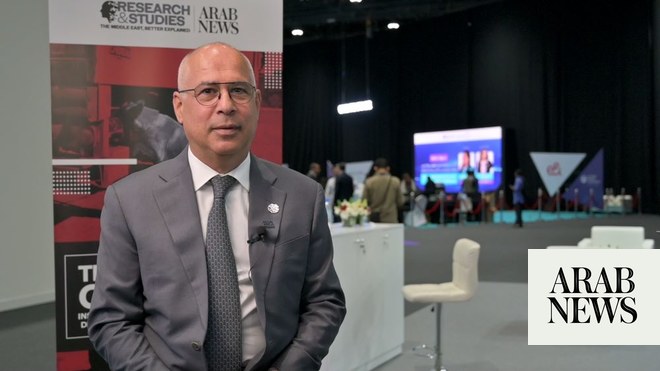
Anger over corruption was a major factor driving many of the protests in the Middle East and North Africa (MENA) region in the last year.
A new report from Transparency International has suggested that corruption in the region was getting worse.
Transparency International’s global corruption barometer (GCB): MENA 2019, published on Dec. 11, noted that there had been little improvement in tackling corruption since the 2011 Arab Spring protests.
The study was based on surveys carried out in Jordan, Lebanon and Palestine in 2019 and Morocco, Tunisia and Sudan in 2018. The focus on these six countries has limited the extent to which the report’s findings can be applied to the entire region, but it has still offered an important window into perceptions of corruption in the Arab world.
While there are various definitions of corruption, Transparency International described it as “the abuse of entrusted power for private again.” This could occur in “grand” ways at a “high level of government” and in “petty” ways, with the “everyday abuse of entrusted power by low- and mid-level public officials.”
The survey, and this article, focuses on government corruption, but corruption can also occur in businesses and other areas of society.
It can have many negative effects on a society, often undermining economic development and growth. It can damage people’s well-being; every time someone has to pay a bribe, or a judge makes an unfair ruling due to corruption, or when public resources are diverted from the vulnerable to the well-connected, individuals and society suffer.
Furthermore, regular interaction with corrupt officials and institutions fosters humiliation, frustration and a loss of faith in government, which can drive unrest. Corruption fundamentally undermines fairness, negatively hurting communities and individuals that lack the financial resources or connections to manage a corrupt environment.
The GCB found that, within the countries surveyed, “more than half (65 percent) of all citizens think that corruption increased in the previous 12 months.”
The results ranged from 53 percent in Morocco to 82 percent in Sudan who believed that corruption had increased in the previous year. Notably, the Sudan survey occurred before the 2019 protests and ouster of Sudanese President Omar Al-Bashir, providing further evidence that public frustration with corruption was an important driver behind recent events in the country.
Even in countries with lower rates of overt corruption, wasta can play a major role in allowing well-connected individuals or communities to access services and privileges while depriving others of a fair opportunity.
Kerry Boyd Anderson
In some countries, bribery remained a major problem. The survey found that “one-in-five people who accessed public services, such as health care and education, paid a bribe in the preceding year. This equates to more than 11 million citizens in the six countries surveyed.”
By country, 41 percent of Lebanese, 31 percent of Moroccans, 24 percent of Sudanese, 18 percent of Tunisians, 17 percent of Palestinians, and 4 percent of Jordanians reported paying a bribe to access public services in the previous year.
The report also highlighted the problem of vote-buying in some countries and of demands by government officials for sexual favors in exchange for services. Reformers should recognize that women faced additional forms of corrupt demands and should enact laws to help protect them.
One of the report’s more complicated findings was the role that the use of personal connections to access public services and goods – “wasta” – played in corruption.
Even in countries with lower rates of overt corruption, wasta can play a major role in allowing well-connected individuals or communities to access services and privileges while depriving others of a fair opportunity.
The report urged governments to “enforce a system that eliminates and criminalizes wasta” and to “raise awareness about wasta as a form of corruption.”
The report’s condemnation of wasta reflected some of the difficulty that people outside of the Middle East often had in understanding it. Forms of wasta exist in most cultures around the world, though it plays a particularly strong role in some Arab countries.
Historically, wasta helped provide a way for people to access services, jobs, education, and meet other needs. This was especially valuable in traditional societies based on tribal or village life and that lacked a modern, centralized state government.
Today, much has changed. The region has a very large youth demographic that is less conducive to traditional social structures. Urbanization and changing job markets are facilitating demands for more meritocratic systems that allow people opportunities based on their skills and work ethic rather than on their personal connections.
A nuanced approach toward wasta that recognizes its traditional social role and its more negative effects in a changing society may be more useful than broadly condemning it as corruption.
The GCB report included other recommendations for governments, such as empowering and protecting whistleblowers, civil society, and media that were key to shining a light on corrupt people and practices. Improving judicial independence and increasing access to information about services and government transparency were other important steps, the study findings pointed out.
Many MENA governments have been promising to address corruption for years, but as the GCB report and recent protests in many countries have indicated, a lot of people do not see their governments taking serious action to combat it.
This has reflected a global trend, with corruption concerns helping to fuel protests in multiple countries in the last year. The growing recognition that corruption saps societies and individuals of their potential will continue to drive protest until leaders take tangible steps to improve equal access to services and opportunities.
Kerry Boyd Anderson is a writer and political risk consultant with more than 14 years’ experience as a professional analyst of international security issues and Middle East political and business risk. Twitter: @KBAresearch
Disclaimer: Views expressed by writers in this section are their own and do not necessarily reflect Arab News" point-of-view











